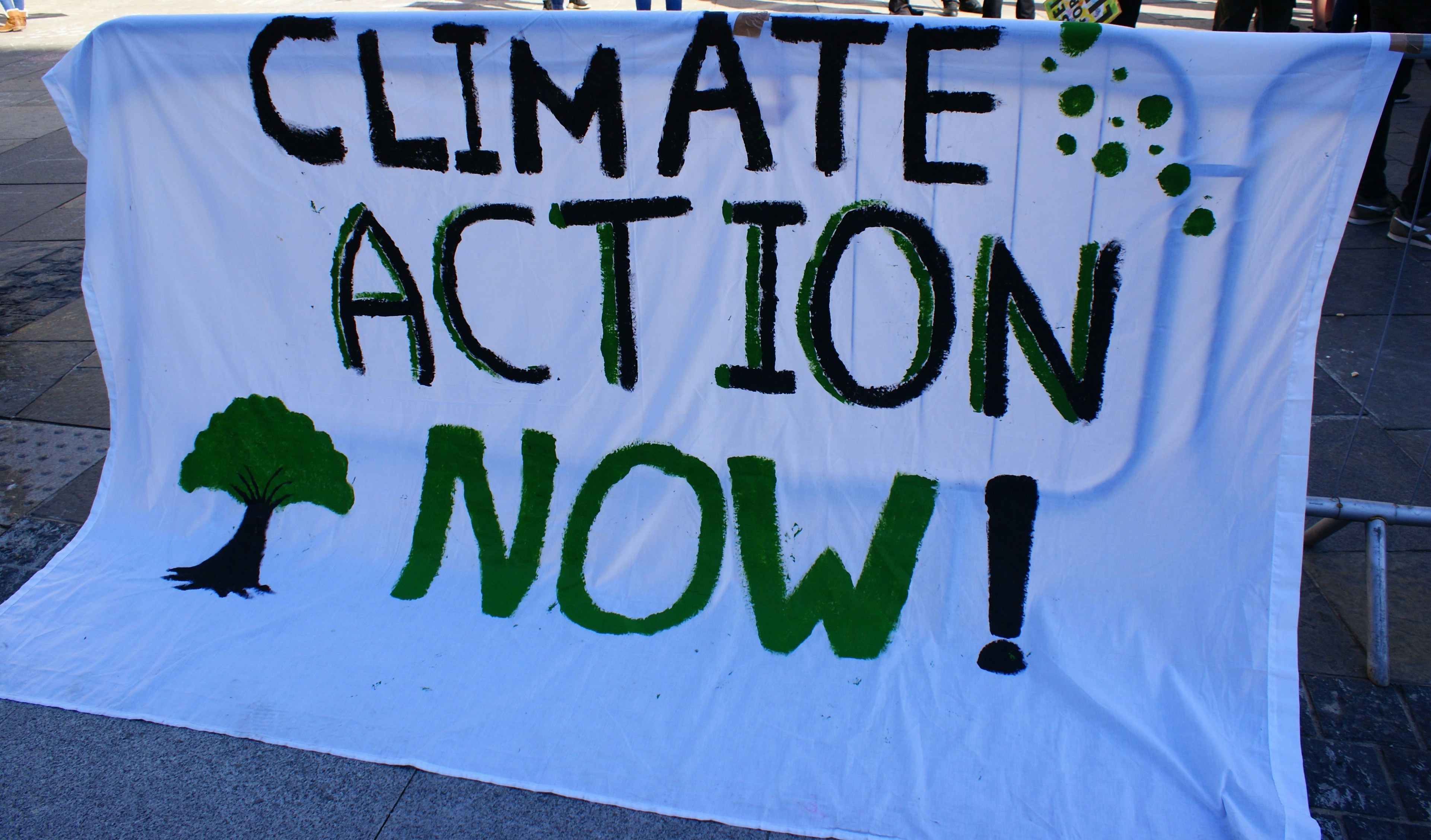Understanding the Connection Between Present Actions and Future Consequences
Every action we take today carries implications that resonate through time, fundamentally influencing the trajectory of our lives and society at large. Understanding this connection between present actions and future consequences is essential for fostering a more sustainable and equitable world. The choices we make, often on seemingly trivial matters, accumulate over time to significantly impact our collective future.
At an individual level, daily habits such as consumption patterns, energy usage, and waste management have observable long-term effects. For instance, opting for environmentally friendly products or adopting a minimalist lifestyle can reduce carbon footprints, contributing to a healthier planet. Conversely, negligence in these areas can exacerbate environmental degradation, leading to a future where resources are scarce, and societal structures weaken under the strain of ecological crises.
On a societal level, the collective decisions made by communities and governments create lasting changes. Policies implemented today regarding climate change, education, and health care can alter societal norms and values, influencing generations. Communities that prioritize sustainability and inclusivity can cultivate a culture that values responsibility and foresight, while those that do not may face increased inequalities and environmental challenges.
Mindfulness plays a pivotal role in this regard. By being intentional in our actions and decisions, we can cultivate an awareness of how our present conduct will mold our future. This recognition encourages a proactive approach to problem-solving, empowering individuals and communities to adopt practices that align with long-term well-being. Embracing this mindset not only enhances personal responsibility but also fosters a collective commitment to shaping a future that reflects our best aspirations.
In light of these considerations, it becomes evident that a conscious approach to our daily actions is not merely beneficial but necessary for the world we will inherit tomorrow.
The Role of Individual Responsibility in Creating Change
Individual responsibility serves as a cornerstone in the collective effort towards fostering positive change. In an era where global challenges seem overwhelming, the power of small, consistent actions cannot be underestimated. Each person possesses the capacity to influence their surroundings, and through responsible behavior, they can significantly contribute to the greater good. Simple acts, such as reducing waste, may appear inconsequential but collectively yield substantial environmental benefits. When individuals commit to practices like recycling, composting, and minimizing single-use plastics, they help alleviate the pressure on natural resources, thereby promoting sustainability.
Moreover, volunteering within the community enhances social cohesion and directly impacts local initiatives. By dedicating time to help others, individuals not only uplift those in need but also set an example for friends and family, creating a ripple effect of kindness and support. Community engagement helps develop a sense of belonging and responsibility toward collective welfare. When individuals take action, whether by mentoring youth, organizing events, or participating in local governance, they help shape a future aligned with their values and aspirations.
Advocacy for social change also exemplifies the significance of individual commitment. Each voice adds to the larger narrative, becoming instrumental in pushing for reforms in critical areas such as education, healthcare, and environmental policy. By speaking out against injustice or supporting affirmative movements, individuals enhance awareness and inspire collective action. Social media and digital platforms further amplify these efforts, enabling widespread outreach and encouraging like-minded individuals to join forces. Ultimately, while the impact of individual actions may seem minor in isolation, together they form a powerful collective force, propelling society towards a brighter and more equitable future.
Collective Action: The Importance of Community and Collaboration
The challenges that loom over our collective future—such as climate change, poverty, and inequality—demand a robust communal response. Individual actions, while valuable, often fall short of effecting the broad systemic changes required to address these pressing issues. Therefore, community involvement and collaboration emerge as essential tools that amplify personal contributions, culminating in substantial progress towards our collective aspirations.
Community projects serve as vital platforms for civic engagement. By participating in local initiatives, individuals not only strengthen social bonds but also contribute to collective problem-solving. For instance, neighborhood clean-up days or community gardens enable residents to tackle environmental concerns directly while fostering a sense of ownership and responsibility towards their surroundings. This localized approach not only benefits the immediate environment but can also inspire broader action within the community.
Supporting local businesses is another form of collective action that significantly impacts both the economy and social fabric of a community. Local enterprises often reinvest their profits back into the area, creating jobs and stimulating growth. By choosing to shop locally, individuals contribute to stronger, more resilient communities that can better weather socio-economic challenges.
Advocacy groups play a crucial role in mobilizing collective efforts to influence policy and bring about systemic change. When individuals join forces in these groups, their shared passion and diverse skill sets enhance the group’s capacity to effect change. Successful initiatives—like community-led lobbying efforts for sustainable practices—illustrate how collaboration can lead to meaningful progress in creating equitable solutions.
In summary, embracing collective action through community involvement and collaboration not only enriches our experiences but also strengthens our ability to tackle larger societal issues. By uniting individual efforts, communities can forge a more promising and sustainable future for all.
Practicing Mindfulness and Intentional Living for a Better Future
In our fast-paced world, it is increasingly important to practice mindfulness and intentional living to shape a better future. Mindfulness is the practice of being fully present in the moment, aware of our thoughts and actions, and understanding their impact on our lives and the environment. By cultivating mindfulness, individuals can transform their daily routines into intentional actions that positively contribute to sustainability and well-being.
One practical approach to foster mindfulness is to incorporate reflection into daily activities. Setting aside time each day for personal reflection, whether through journaling or meditation, can help clarify values and priorities. This process encourages individuals to examine their habits critically, enabling them to identify areas for improvement. As a result, it becomes easier to adopt sustainable practices in daily life, such as reducing waste, conserving energy, and supporting eco-friendly initiatives.
Conscious consumerism is another essential aspect of intentional living. By making informed purchasing decisions, individuals can support brands that prioritize sustainability and ethical practices. This means researching products before buying them, understanding their lifecycle, and considering the broader impact of one’s choices. For instance, choosing to buy local or second-hand products reduces carbon footprints and supports local economies. Through these mindful purchasing habits, consumers not only foster a healthier planet but also contribute to a more equitable society.
In addition, integrating small, mindful habits can have significant effects over time. This could include practices like mindful eating, where one focuses on the sensory experience of food, or walking instead of driving when possible. These habits promote well-being and help establish a lifestyle that reflects a commitment to a better future. Ultimately, by aligning daily actions with personal values, individuals can contribute to a more fulfilling and responsible life, creating a ripple effect that inspires others to do the same.

